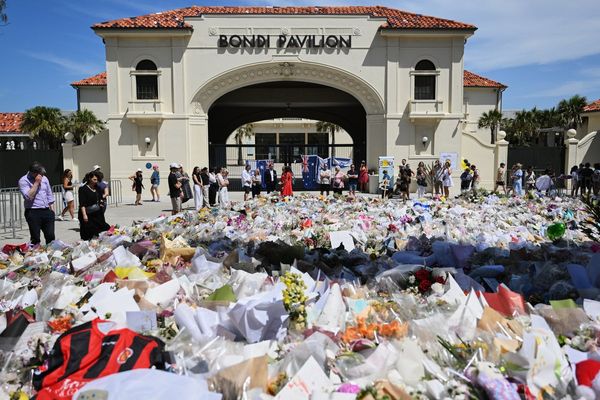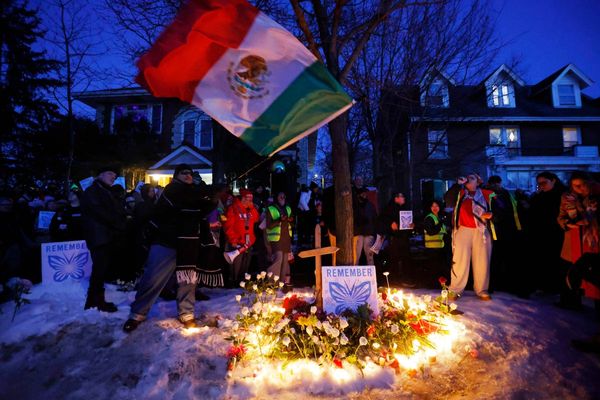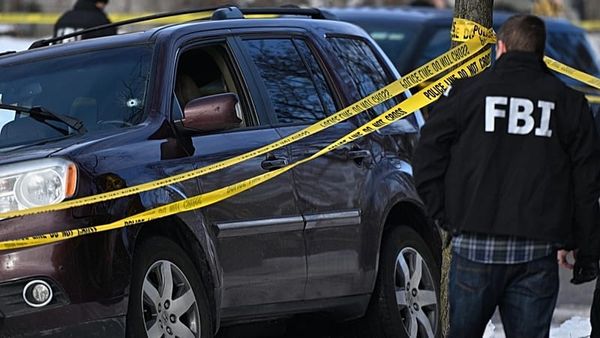
A federal judge is set to hear arguments on whether to dismiss the classified documents prosecution of former President Donald Trump. The dispute revolves around Trump's interpretation of the Presidential Records Act, which his attorneys argue allowed him to designate certain documents as personal and retain possession of them after leaving the White House.
Special counsel Jack Smith's team contends that the files in question are presidential records, not personal ones, and that the statute does not apply to classified and top-secret documents found at Trump's Mar-a-Lago estate in Florida.
The outcome of the hearing will determine whether the case proceeds to trial or is dismissed before reaching a jury, a rare action for a judge to take. The judge, who was nominated by Trump, will also consider a motion by Trump's legal team claiming that the statute forming the criminal charges is unconstitutionally vague as it pertains to a former president.
The Presidential Records Act, enacted in 1978, mandates that presidents transfer their presidential records to the U.S. government upon leaving office. Trump's lawyers argue that he designated the records he took to Mar-a-Lago as personal property, while prosecutors allege that these included top-secret information related to national defense.
The case marks the first-ever criminal prosecution of a former U.S. President without charges of transmission or delivery of national defense information. Trump faces 40 felony counts in Florida for willfully retaining classified documents and failing to return them despite government demands.
Prosecutors claim that Trump held onto sensitive documents, returned only a fraction upon request, and instructed his lawyer to conceal records and mislead the FBI. He is also accused of directing staff to delete surveillance footage showing the movement of document boxes on the property.
This hearing is the latest development in one of four prosecutions Trump is facing as he pursues a return to the White House this year. The judge previously heard arguments on setting a trial date, with both sides proposing summertime start dates for the trial.







